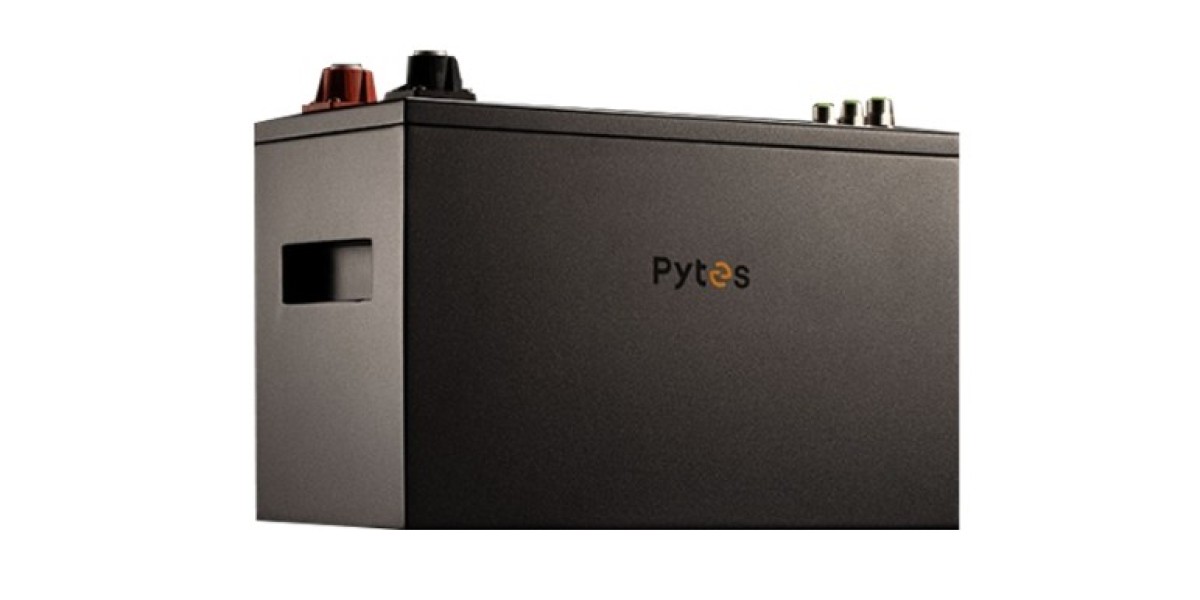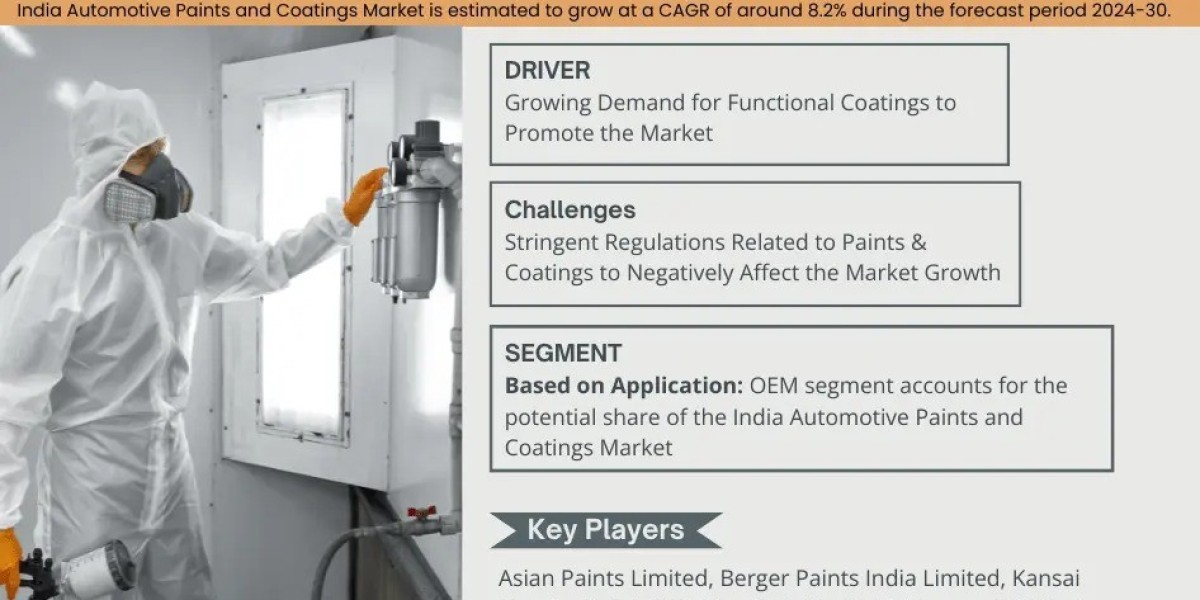When it comes to powering your RV, it’s essential to have a reliable and efficient battery. Deep cycle RV batteries are designed to provide steady power for long periods of time, making them ideal for recreational vehicles. In this article, we’ll explore what you need to know about deep cycle RV batteries.
The Basics of Deep-Cycle RV Batteries
1. What is a deep-cycle battery?
A deep-cycle battery is a type of battery that is designed to provide a consistent and sustained flow of power over a longer period. Unlike starting batteries, which are designed to deliver short bursts of power to start an engine, deep-cycle batteries are built to handle continuous discharging and recharging cycles.
2. How do deep-cycle batteries differ from starting batteries?
Deep-cycle batteries differ from starting batteries in their construction and design. Starting batteries are designed to deliver a high amount of current for a short period, typically a few seconds, to start an engine. Deep-cycle batteries, on the other hand, are built with thicker plates and denser active material, allowing them to provide a steady flow of power over a longer duration.
3. Why are deep-cycle batteries suitable for RVs?
RVs require a reliable and consistent power source to run various appliances and systems, such as lights, refrigerators, air conditioning, and entertainment systems. Deep-cycle batteries are well-suited for this purpose as they can provide sustained power for extended periods without being damaged. They are also designed to handle deep discharges and recharges, making them ideal for RV applications.
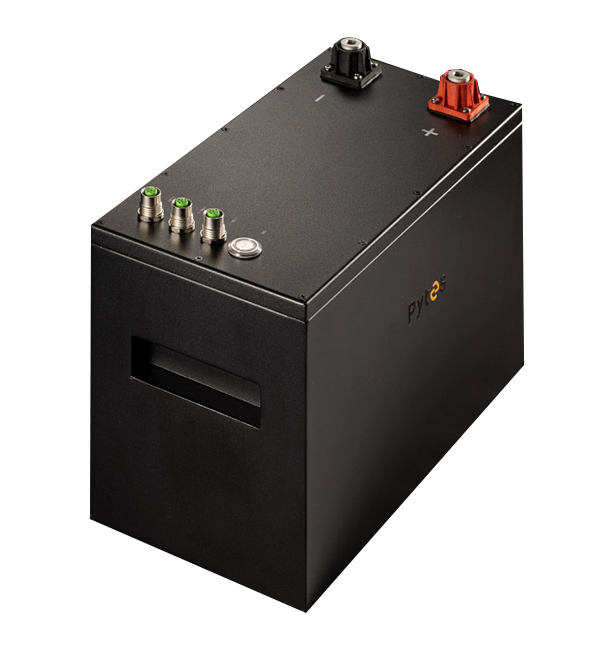
Types of Deep-Cycle RV Batteries
1. Flooded Lead-Acid Batteries:
Flooded lead-acid batteries are the most common type of deep-cycle batteries used in RVs. They consist of lead plates submerged in an electrolyte solution of sulfuric acid and water. These batteries are known for their affordability and reliability. However, they require regular maintenance, including checking and refilling the electrolyte levels, and should be used in well-ventilated areas due to the potential release of hydrogen gas during charging.
2. AGM (Absorbent Glass Mat) Batteries:
AGM batteries are a type of sealed lead-acid battery that uses a fiberglass mat to hold the electrolyte solution. These batteries are maintenance-free, as they do not require electrolyte level checks or refills. AGM batteries are known for their durability, resistance to vibration, and ability to handle deep discharges. They are also safer to use, as they do not release hydrogen gas during charging.
3. Lithium-Ion Batteries:
Lithium-ion batteries, such as the Pytes E-Box 12100, are a newer, more advanced option for RV owners. These batteries offer several advantages over traditional lead-acid batteries, including higher energy density, longer life, and lower weight. Lithium-ion batteries are also more efficient at charging/discharging, and can be discharged to a lower state of charge without damaging the battery.
Factors to Consider When Choosing a Deep-Cycle RV Battery
When choosing a deep-cycle RV battery, there are several factors to consider:
1. Battery Capacity: Consider the battery’s capacity, measured in ampere-hours (Ah), to determine how long it can power your RV’s electrical system.
2. Voltage: Most deep-cycle RV batteries are 12 volts, but you may need to connect multiple batteries in series or parallel to meet your power needs.
3. Size and Weight: Consider the battery’s physical size and weight, as this will affect where in your RV you can install it.
4. Price: While lithium-ion batteries have a higher upfront cost, they may save you money in the long run due to their longer lifespan and higher energy density.
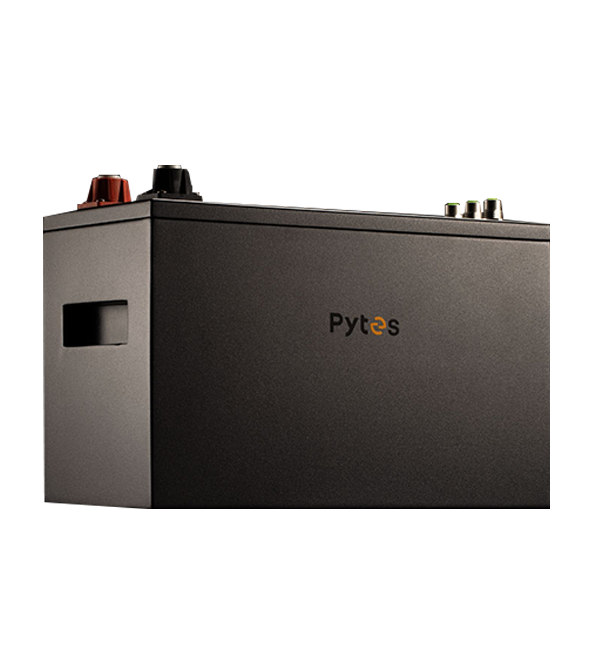
Maintenance Tips for Deep-Cycle RV Batteries
1. Regular Inspection and Cleaning:
Perform regular inspections of your deep-cycle battery to check for any signs of damage, corrosion, or loose connections. Clean the battery terminals and cables using a mixture of baking soda and water to remove any corrosion buildup. Ensure that the battery is securely fastened in its compartment to prevent vibrations during travel.
2. Proper Charging Techniques:
Follow the manufacturer's guidelines for charging your deep-cycle battery. Overcharging or undercharging can significantly impact the battery's lifespan and performance. Consider investing in a smart charger or a battery monitoring system that can optimize the charging process and prevent overcharging.
3. Avoiding Over-Discharge and Overcharging:
Deep-cycle batteries should not be discharged below a certain voltage to prevent damage. Most batteries have a recommended depth of discharge (DoD) limit, typically around 50%. Discharging the battery beyond this limit can shorten its lifespan. Similarly, overcharging the battery can lead to excessive heat buildup and damage the battery. It is essential to monitor the battery's voltage and use a charge controller or regulator to prevent overcharging.
4. Storing Deep Cycle Batteries:
When storing your RV, you must properly store and maintain your deep cycle batteries. Fully charge the battery before storing it and disconnect it from any load or charging source. Store the battery in a cool, dry place away from direct sunlight and extreme temperatures.
Upgrading to Deep-Cycle RV Batteries: Is it Worth It?
1. Benefits of Upgrading:
Upgrading to deep cycle RV batteries can provide a variety of benefits, including increased capacity, longer life, and improved performance. Lithium-ion batteries (Pytes E-Box 12100) in particular have higher energy density, faster charging times, and longer cycle life than traditional lead-acid batteries.
2. Compatibility and Installation Considerations:
Before upgrading your RV's battery system, you need to ensure that the new deep cycle battery is compatible with the RV's electrical system and charging equipment. If necessary, please contact pytes, our professional technicians can help you.
3. Return on Investment Analysis:
While upgrading to deep cycle batteries may require a higher upfront investment, the long-term cost savings and benefits must be considered.
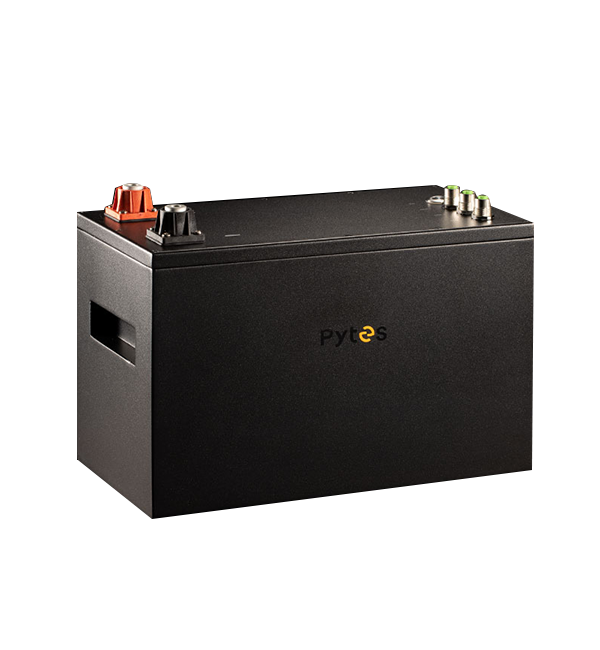
Conclusion
In conclusion, deep cycle RV battery is a high performance battery that can be designed for RVs with long time and stable power supply. When choosing a deep cycle RV battery, users need to consider factors such as the type of battery, capacity, charging method, service life and maintenance. Hope this article can help you better understand deep cycle caravan batteries, if you need technical support or solutions for deep cycle caravan batteries, please contact Pytes.
Power Solutions for RVs:Pytes E-Box-12100 Lithium Ion Battery
